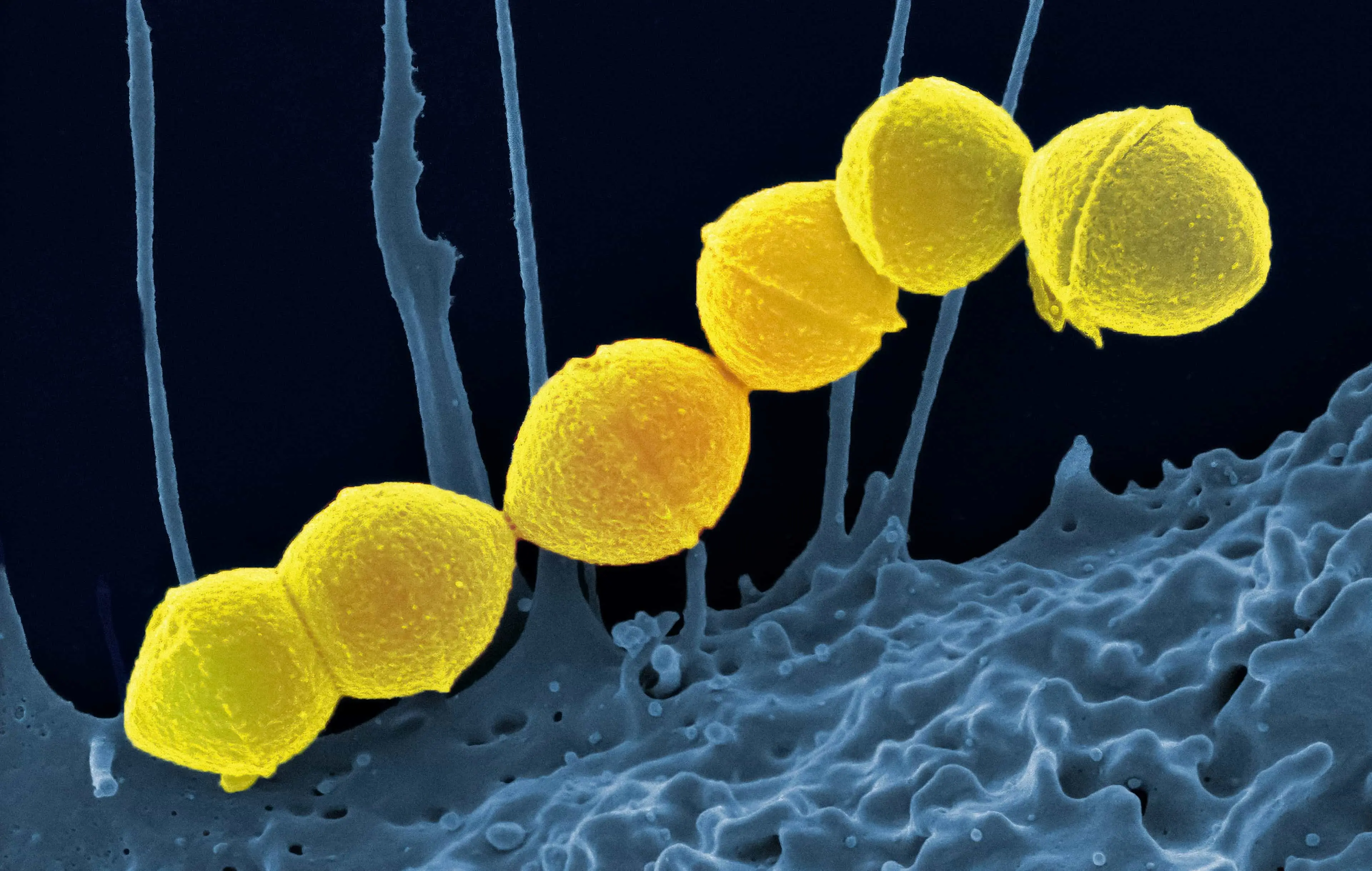When it comes to stomach cancer, many people have heard of Helicobacter pylori (H. pylori) as the main bacterial villain. But scientists have recently discovered that another, less-known bacterium - Streptococcus anginosus (S. anginosus) - could also play a significant role in causing this type of cancer. This discovery is changing the way experts think about what contributes to stomach cancer and could lead to new ways to detect and prevent the disease.
What Is Streptococcus anginosus?
S. anginosus is a type of bacteria that usually lives harmlessly in the mouth, throat, and digestive tract. For most people, it doesn’t cause any problems. But under certain conditions, it can lead to infections. What makes this bacterium so interesting is that it seems to thrive in tough places like the acidic lining of the stomach. This has led researchers to wonder if it could be doing more harm than previously thought.
What Did the Researchers Find?
Scientists studying patients with stomach cancer found that those with the disease often had higher levels of S. anginosusin their stomachs compared to those with milder stomach issues. This finding prompted further investigation, and here’s what they discovered:
- It Causes Inflammation: In experiments where S. anginosus was introduced to mice, the bacteria caused noticeable inflammation in the stomach within just a couple of weeks. Over the course of several months, this inflammation became chronic and started to damage the stomach lining.
- Precancerous Changes: Over time, the mice developed early signs of cancer, such as unusual cell growth called dysplasia. These changes are considered precancerous because they can eventually turn into full-blown cancer.
- How It Affects Cells: The research showed that S. anginosus can stick to stomach cells using a protein called TMPC. This protein binds to a receptor on stomach cells called Annexin A2 (ANXA2), which sets off a chain reaction in the body’s cells. This reaction, known as the MAPK pathway, can lead to cell growth that, if uncontrolled, might develop into cancer.
Why Is This Important?
This research matters because it shows that H. pylori isn’t the only bacterium that could lead to stomach cancer. Knowing that S. anginosus can also be a trigger means doctors might need to look for this bacterium when assessing a patient’s risk for the disease.
The discovery also emphasizes that our gut health is influenced by a complex mix of bacteria, not just one type. Understanding how different bacteria interact with our body’s cells can help scientists develop better ways to prevent and treat stomach cancer.
How S. anginosus Works in the Stomach
The study showed that S. anginosus attaches to the stomach lining and triggers inflammation, which is the body’s natural response to infection. But when this inflammation becomes chronic, it can start to harm the stomach cells, making them more likely to change and grow in dangerous ways. The binding between S. anginosus and the ANXA2 receptor sets off the MAPK pathway, which promotes cell growth and can prevent damaged cells from dying. This creates an environment where cancer can develop more easily.
What Could This Mean for the Future?
The discovery that S. anginosus can contribute to stomach cancer opens the door for new approaches to diagnosing and preventing the disease. For instance, doctors might start testing for S. anginosus as part of routine checks for people at high risk for stomach cancer. Treatments could also be developed to target this specific bacterium or to block the way it interacts with stomach cells.
Additionally, therapies that can stop the MAPK pathway might be another option to prevent the progression from inflammation to cancer, giving patients more ways to manage their risk.
Final Thoughts
Stomach cancer is a serious disease, and finding out that more than one type of bacterium can contribute to it means there’s still a lot to learn about how it develops. This new research shows that maintaining a balanced gut environment is more important than ever and that doctors may need to expand their focus beyond just H. pylori. By studying the role of S. anginosus, scientists hope to find new ways to protect people from developing stomach cancer.
With more research, these insights could lead to better screening methods, earlier detection, and new treatments that could help save lives.


